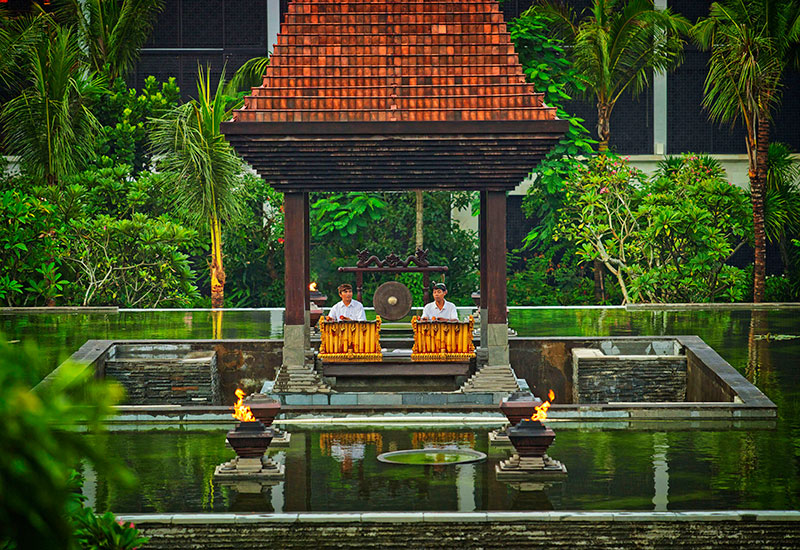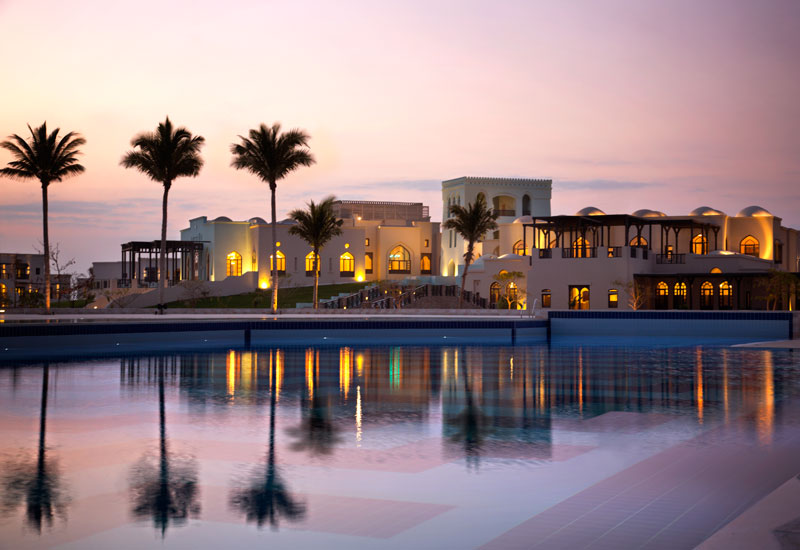Nagata brings an impressive résumé and array of experience to the project, having worked on properties for major brands such as Six Senses, Jumeirah Group, Mandarin Oriental, Rosewood and Hilton’s Conrad, in locations as varied as the Maldives, Thailand and Indonesia.
Educated at the University of Hawaii, Nagata is influenced by Sri Lankan designer Geoffrey Bawa, and has won numerous awards for his design, including making the Condé Nast Traveller Hotlist and winning the Hospitality Design Award. However, while Nagata and Alila are both committed to incorporating the locality into their design, Nagata is careful to avoid this being merely a curio cabinet for the surroundings.
“There's a fine line between being a museum and being a hotel. In hotels it’s important to have art and artefacts incorporated, but they should be carefully chosen and located.

| Advertisement |
“I think that as an interior designer, it’s most important for me to create the right experience, which may very well mean that both art and artefacts become secondary,” Nagata asserts.
Alila means ‘surprise’ in Sanskrit, and the idea of surprising and delighting guests forms part of the brand’s guest experience goals. The resort will house 100 suites, 25 villas, fine dining restaurants, and a spa and Alila wellness centre, and will “bring forth a community of discerning travellers”, who appreciate the green environment and a retreat which complements the area, according to Alila CEO Frederic Simon.
Nagata echoes Simon’s sentiments, saying that his interior design will blend with the resort’s architecture, which will in turn fit in with the surroundings. He explains how the overall vision for the resort is to be in harmony with the environment in which it exists: “We have chosen materials and natural, subdued colour tones that are locally inspired to instil a sense of the region.”
The development is the second, but possibly not the last Middle East resort in the group’s pipeline. Julian Ayers, regional VP of Alila Hotels & Resorts says the company would love to have a resort in Mussandam, and Oman is a location that continues to pique its interest.
“We’re thinking of doing a chain of [resorts] about three or four hours apart so you could drive through the desert and stop off at each one,” he told Hotelier last month.
And Alila’s sustainable ethos is also evidenced in many of its operations, including achieving the government’s 80% Omanisation target.
Furthermore, Alila Jabal Akhdar recently became the first resort to join in with Omran’s Farming for Hospitality initiative.
The programme first gives traditional Omani farmers the training they need to farm with more modern methods, and then it provides greenhouses so that they can grow varied produce throughout the year. Finally, it connects the farmers with hotels, which buy their produce.
“We recently experienced our first yield of vegetables, a portion of which was sold to Alila Jabal Akhdar Resort. Since my first sale the resort has been in continual communication with me to enquire about future harvests and sales. This has given me great confidence as I know there is a constant market for my fresh produce,” says local farmer Ahmed Al Shariqi.
And with Blink and Nagata firmly on board with the sustainable ethos, Alila Salalah looks set to be the next big green thing in the desert.










 Search our database of more than 2,700 industry companies
Search our database of more than 2,700 industry companies









